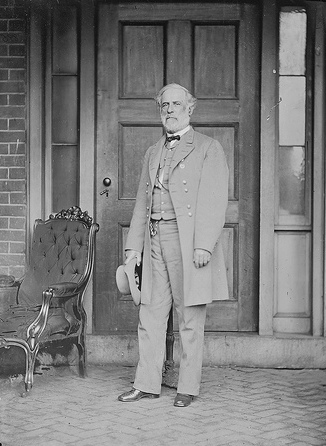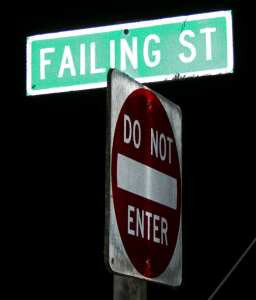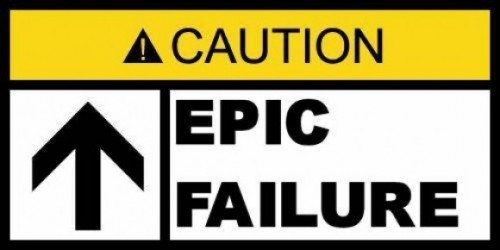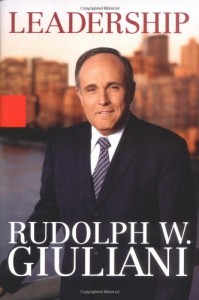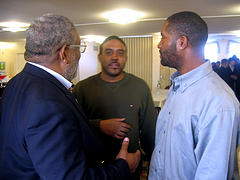 I am currently involved in a men’s study at my church and I have been having a hard time engaging with the group. It is because, honestly, it’s boring. I had committed to a friend and Pastor that I would be involved and engaged. But the leader, as great a person as he is, is difficult to listen to. I had expressed these issues to my wife recently and she thought I needed to be more open minded about it. I was willing to give it another chance and I was sitting in there the other night and heard someone on the video say, “The biggest issue with men and their Christianity is passivity.”
I am currently involved in a men’s study at my church and I have been having a hard time engaging with the group. It is because, honestly, it’s boring. I had committed to a friend and Pastor that I would be involved and engaged. But the leader, as great a person as he is, is difficult to listen to. I had expressed these issues to my wife recently and she thought I needed to be more open minded about it. I was willing to give it another chance and I was sitting in there the other night and heard someone on the video say, “The biggest issue with men and their Christianity is passivity.”
I will have to admit it took me a few days for that to sink in, and what I have come up with is this. They are right. As our passivity grows, so does our acceptance of passivity. So as I thought about this over the weekend this is what came to me.
I researched “Passive Leadership” and I found the term “passive patriot”. It spoke to me. A passive patriot is a citizen who fails to combine knowledge and action to maintain democracy. The research behind this is expansive and certainly beyond the focus of this blog. However, what I couldn’t shake from my mind is the parallel to the current state of leadership in our organizations and in our country.
 We have too many passive leaders failing to shift away from applying 20th century leadership practices to 21st century problems. Such problems cannot be solved relying on the familiar. Regardless of whether it be hierarchy, too much work, not enough time, or not enough resources, we need active leaders. The lull of passive leadership is convincing and believable.
We have too many passive leaders failing to shift away from applying 20th century leadership practices to 21st century problems. Such problems cannot be solved relying on the familiar. Regardless of whether it be hierarchy, too much work, not enough time, or not enough resources, we need active leaders. The lull of passive leadership is convincing and believable.
Yet the level of inaction at the leadership level to tackle such problems is weakening organizations. In the 21st century, knowledge, and the application of it to create value for customers, is king. Underlying this reality is the acceptance that people create the profit. Without knowledgeable, enthused people, we will suffer.
Will you or your team be lulled to sleep by passive leadership and erode your value in the marketplace? Will you chase away talented employees? Will you create committed followers or customers?
We need today more leaders willing to act first and then figure out what’s next and not accept failure or misunderstanding. You can be one of them. Perhaps you already are. Many of the big problems facing businesses will simply expand in complexity the longer they are ignored or accepted.
 You don’t need a CEO, executive, or a director to inspire you to get into action and do something to address the company’s problems. You can decide today to lead locally: lead your team to figure out what problems are limiting the value you create for your customers. And then find a solution.
You don’t need a CEO, executive, or a director to inspire you to get into action and do something to address the company’s problems. You can decide today to lead locally: lead your team to figure out what problems are limiting the value you create for your customers. And then find a solution.
Getting your hand slapped is a requirement in leadership. It’s a full contact sport. It’s standing for something bigger than you. Tackling 21st century leadership problems is worth getting your hand slapped over. It’s worth finding and using your voice.
It begins with looking at where your passive leadership is holding you back and deciding where you can turn up the volume in your leadership. Stop accepting excuses for failure. Get in the trenches with your people and lead from the front.
Photo credit: LesterSpence / Foter / CC BY
Photo credit: Max Braun / Foter / CC BY-SA
Photo credit: TechShowNetwork / Foter / CC BY-NC-ND
Photo credit: masha_k_sh / Foter / CC BY-NC-ND
Caring is sharing. Will you please share this with your network?





